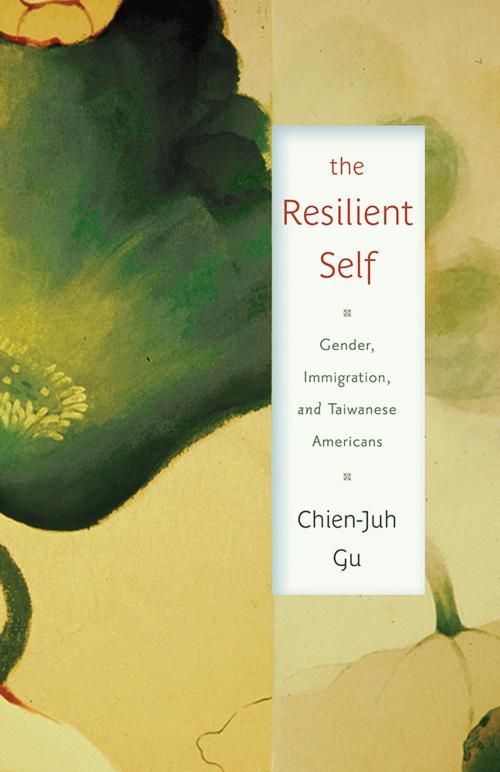The Resilient Self
Gender, Immigration, and Taiwanese Americans
Nonfiction, Family & Relationships, Family Relationships, Social & Cultural Studies, Social Science, Cultural Studies, Ethnic Studies| Author: | Chien-Juh Gu | ISBN: | 9780813586076 |
| Publisher: | Rutgers University Press | Publication: | January 22, 2018 |
| Imprint: | Rutgers University Press | Language: | English |
| Author: | Chien-Juh Gu |
| ISBN: | 9780813586076 |
| Publisher: | Rutgers University Press |
| Publication: | January 22, 2018 |
| Imprint: | Rutgers University Press |
| Language: | English |
The Resilient Self explores how international migration re-shapes women’s senses of themselves. Chien-Juh Gu uses life-history interviews and ethnographic observations to illustrate how immigration creates gendered work and family contexts for middle-class Taiwanese American women, who, in turn, negotiate and resist the social and psychological effects of the processes of immigration and settlement.
Most of the women immigrated as dependents when their U.S.-educated husbands found professional jobs upon graduation. Constrained by their dependent visas, these women could not work outside of the home during the initial phase of their settlement. The significant contrast of their lives before and after immigration—changing from successful professionals to foreign housewives—generated feelings of boredom, loneliness, and depression. Mourning their lost careers and lacking fulfillment in homemaking, these highly educated immigrant women were forced to redefine the meaning of work and housework, which in time shaped their perceptions of themselves and others in the family, at work, and in the larger community.
The Resilient Self explores how international migration re-shapes women’s senses of themselves. Chien-Juh Gu uses life-history interviews and ethnographic observations to illustrate how immigration creates gendered work and family contexts for middle-class Taiwanese American women, who, in turn, negotiate and resist the social and psychological effects of the processes of immigration and settlement.
Most of the women immigrated as dependents when their U.S.-educated husbands found professional jobs upon graduation. Constrained by their dependent visas, these women could not work outside of the home during the initial phase of their settlement. The significant contrast of their lives before and after immigration—changing from successful professionals to foreign housewives—generated feelings of boredom, loneliness, and depression. Mourning their lost careers and lacking fulfillment in homemaking, these highly educated immigrant women were forced to redefine the meaning of work and housework, which in time shaped their perceptions of themselves and others in the family, at work, and in the larger community.















